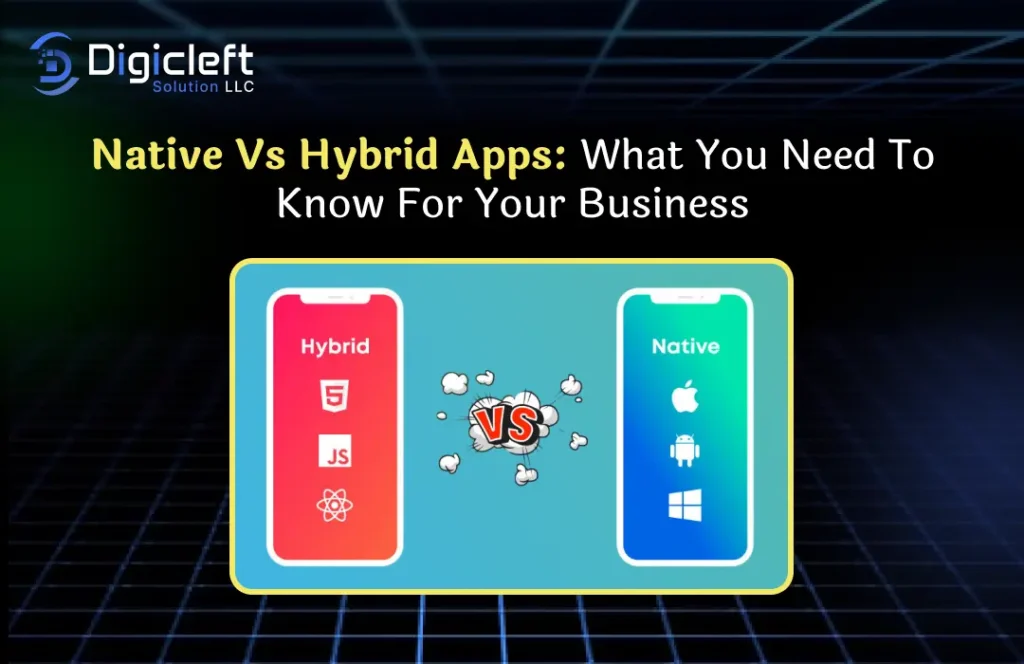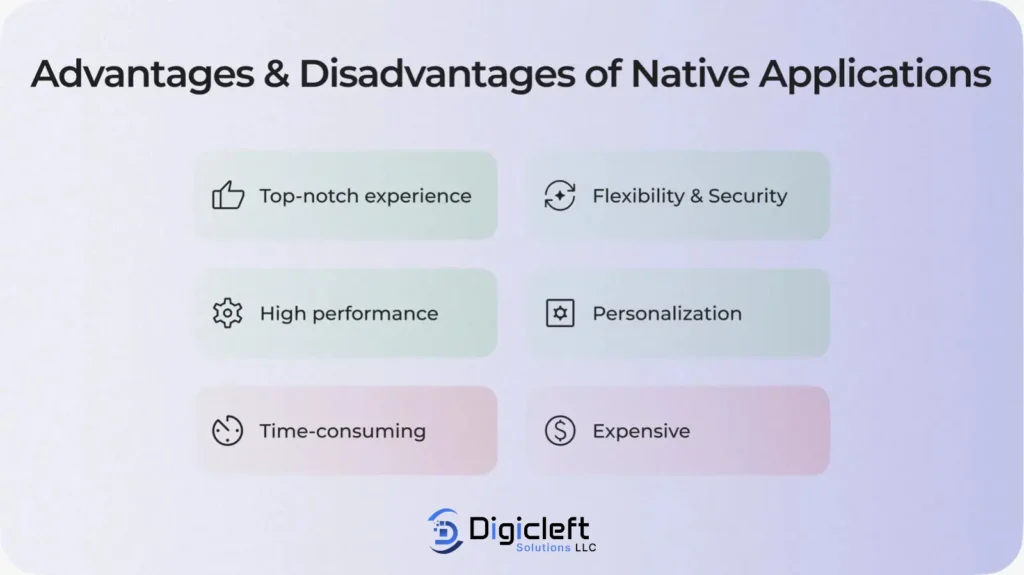
In today’s digital world, businesses can’t afford to ignore mobile apps. But before you start development, there’s one big question should you go for a native vs hybrid app? The choice can impact your budget, timeline, performance, and even client satisfaction. Let’s break it down in plain English.
Understanding the Basics
What’s a Native App?
A Hybrid app is built specifically for one platform either iOS or Android using programming languages and tools native to that platform. For iOS, that means Swift or Objective-C. For Android, it’s Java or Kotlin. These apps are downloaded from app stores and are tailored to work seamlessly with the device’s hardware and software.
What’s a Hybrid App?
A hybrid app is like a “two-in-one” deal. It’s built using web technologies (HTML, CSS, JavaScript) but wrapped in a native container so it can be installed like a regular app. Think of it as a website wearing a mobile app costume it looks like an app but runs on a single codebase for multiple platforms.
Key Differences Between Native and Hybrid Apps
Development Approach
Native vs Hybrid require separate code for each platform, while hybrid apps allow one codebase to run on both. This is why hybrid apps are often faster to build.
Performance and Speed
Native vs Hybrid apps have the upper hand in speed and performance. They communicate directly with the device’s operating system without extra layers, unlike hybrid apps, which sometimes face slower load times.
User Experience (UX)
Native apps feel smoother, more responsive, and consistent with the platform’s design guidelines. Hybrid apps can mimic this, but sometimes fall short.
Access to Device Features
Native vs Hybrid apps have full access to hardware features like GPS, camera, and push notifications. Hybrid apps can access many of these, but often through third-party plugins that might not be as reliable.

Advantages of Native Apps
- High Performance: Optimized for the platform, they run faster and handle complex features better.
- Better User Experience: Smooth animations, quick load times, and consistent design.
- Strong Offline Capabilities: Can store large amounts of data locally for offline use.
Disadvantages of Native Apps
- Higher Development Cost: Separate codebases mean paying for two development teams if you want both Android and iOS versions.
- Longer Development Time: Creating two apps instead of one takes more time.
Advantages of Hybrid Apps
- Faster Development: A single codebase speeds up cross-platform launches.
- Cost-Effective: No need for two separate development teams.
- Cross-Platform Compatibility: Works on iOS, Android, and even the web with minimal changes.
Disadvantages of Hybrid Apps
- Lower Performance for Complex Apps: May lag if your app needs heavy graphics or complex features.
- Limited Native Features: Plugins may not be as reliable as native solutions.
Cost Considerations for Businesses
If you have a tight budget and need to launch quickly, Native vs Hybrid apps can be a lifesaver. But if user experience and performance are your top priorities, investing in native development might pay off in the long run.
Choosing the Right Approach for Your Business
- Factors to Consider: Budget, timeline, target audience, and required features.
When to Choose Native
- When performance is critical
- When you need complex features
- When you want the best possible UX
When to Choose Hybrid
- When you need to launch quickly
- When your budget is limited
- When your app has basic to moderate complexity
Real-World Examples
- Native Apps: Instagram (originally), WhatsApp, Spotify
- Hybrid Apps: Twitter, Evernote, Uber (in early stages)
The Role of Digicleft Solution in App Development
Digicleft Solution helps businesses navigate this decision with expert consultation and development services. Whether you need a lightning-fast native app or a budget-friendly Native vs Hybrid solution, they can tailor a strategy to meet your business goals.
Conclusion
The native vs hybrid debate isn’t about which is “better” overall it’s about which is better for your business. If performance and UX are your top goals, native might be the winner. If speed and cost savings matter most, Native vs Hybrid could be your best bet.
FAQs
Q1: Can I start with a hybrid app and later switch to native?
Yes, many companies do this as their user base grows.
Q2: Which is cheaper to maintain—native or hybrid?
Hybrid apps are generally cheaper to maintain due to their single codebase.
Q3: Are hybrid apps good for gaming?
Usually not—games require high performance, which native apps handle better.
Q4: Can native apps run on both iOS and Android?
Not without separate builds for each platform.
Q5: Do hybrid apps work offline?
They can, but offline capabilities are often stronger in native apps.


